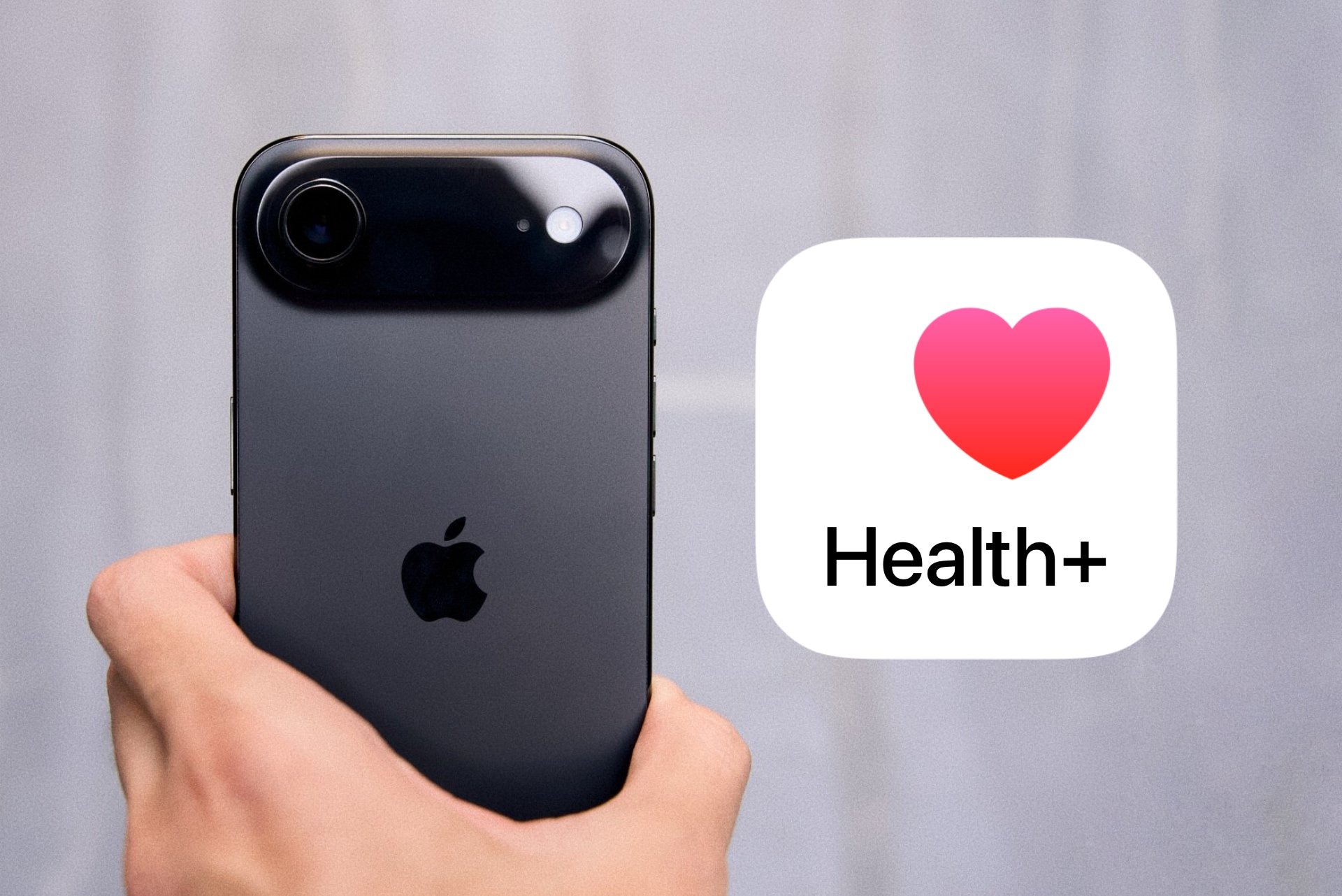The Mir payment system allowed Russian banks to use their terminals for payments abroad. RBC writes about this with reference to the head of the National Payment Card System (NSCP), Vladimir Komlev.
According to Komlev, banks may receive additional clarifications on this issue from the NSPK. Due to sanctions, paying for purchases abroad with Russian cards is almost impossible, with rare exceptions.
Komlev noted that the use of payment QR codes by Russian companies and banks and the organization of payments through POS terminals outside the Russian Federation does not contradict the law.
He added that the NSPK understands the risks that financial organizations take, so for their part they will not prohibit this trend.
“There may be certain explanatory measures on our part, consistent with our rules, that will allow banks to feel more secure and confident,” Komlev said.
Other clarifications concern the installation of POS terminals outside the Russian Federation. In the case of a QR code, the transaction is actually carried out on the territory of the Russian Federation.
“It feels like paying on a website from anywhere in the world. Sometimes there may be contradictions in the currency in which the payment is made, but the rules are not affected by this,” Komlev explained.
At the same time, if a credit institution with a POS terminal enters another territory and transactions are carried out on POS terminals or on a foreign website, some additional clarifications may be necessary, Komlev emphasized.
The installation of terminals abroad is relevant for those countries that are in demand among Russian tourists. These are Türkiye, the United Arab Emirates, the Maldives and other countries.
Author:
Natalia Gormaleva
Source: RB
I am a professional journalist and content creator with extensive experience writing for news websites. I currently work as an author at Gadget Onus, where I specialize in covering hot news topics. My written pieces have been published on some of the biggest media outlets around the world, including The Guardian and BBC News.











